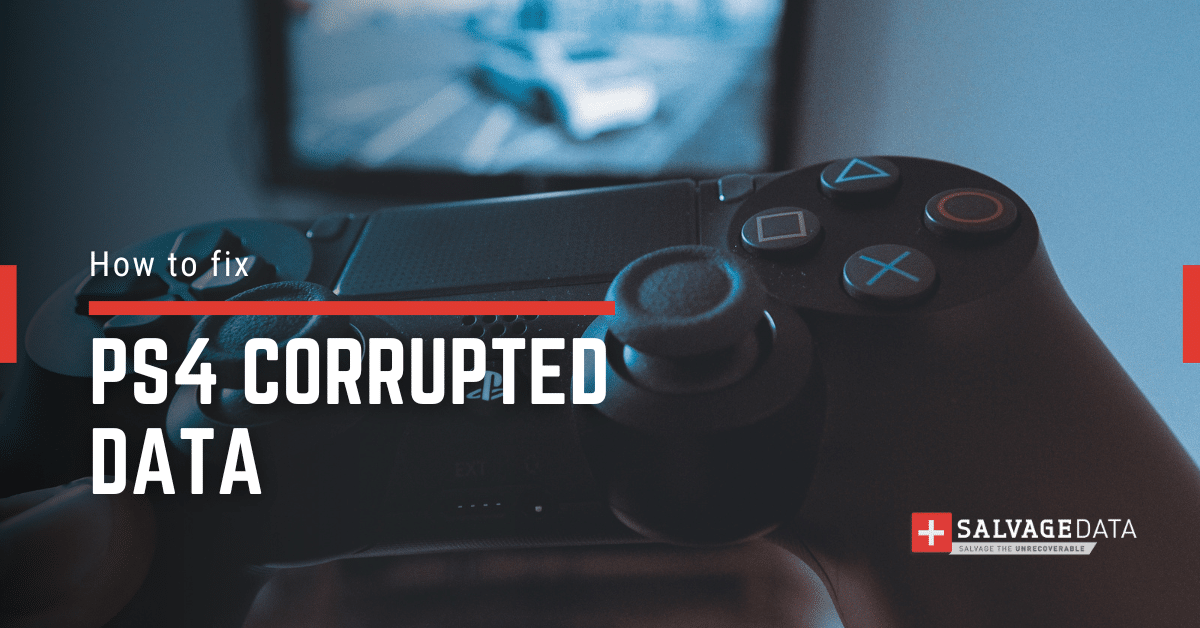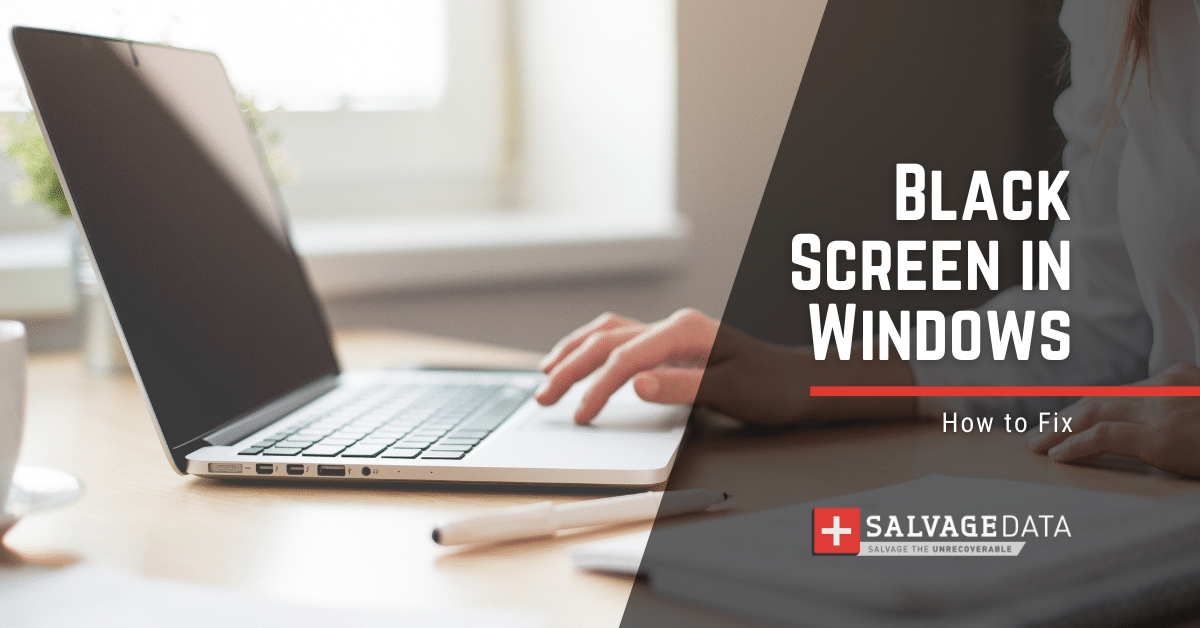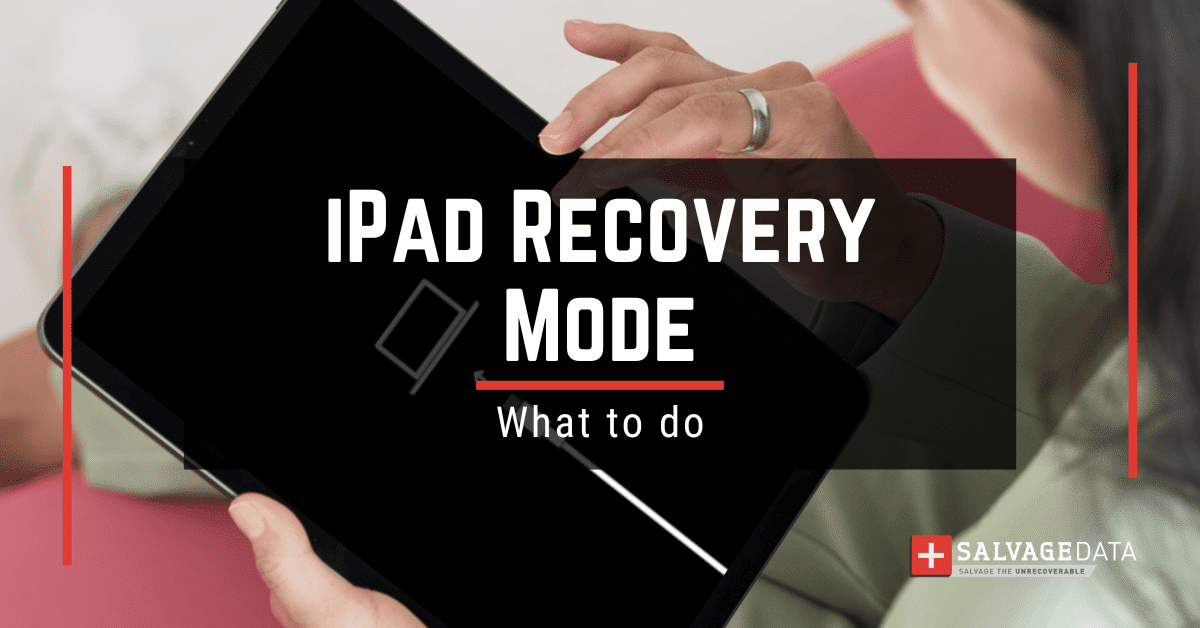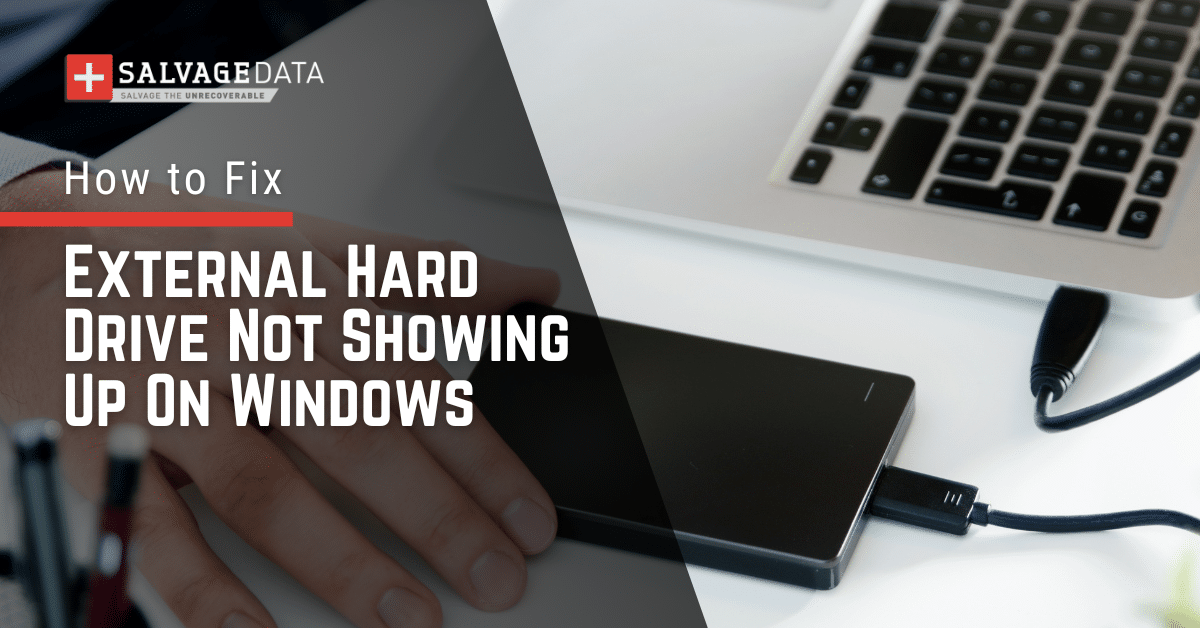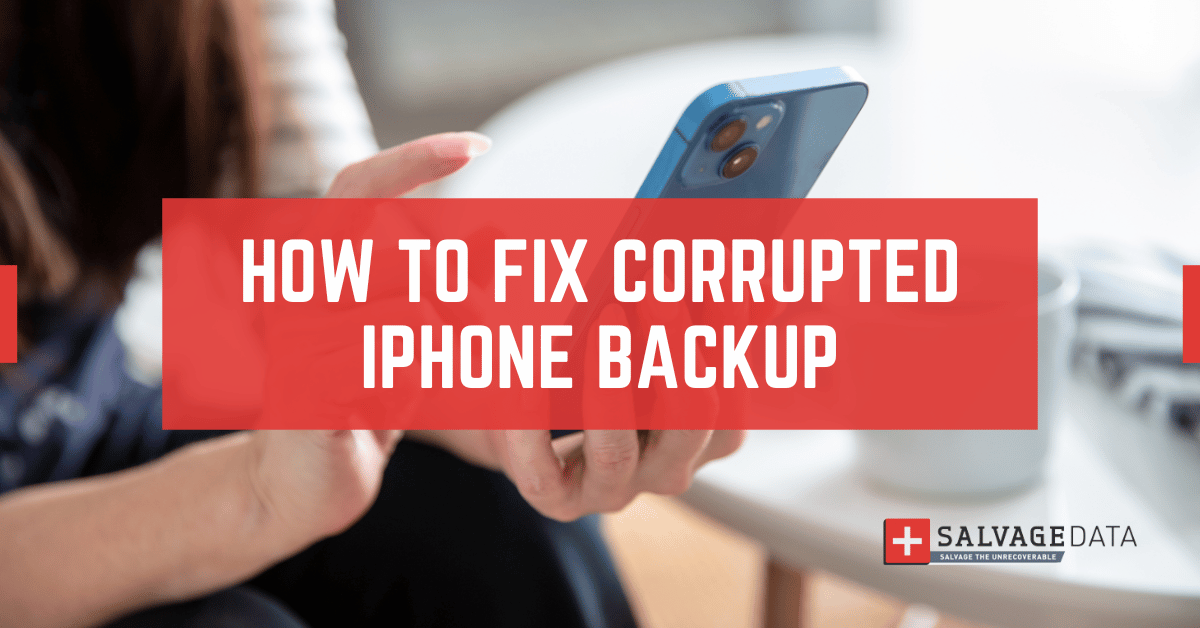Recent Articles
Quickest Mobile Data Recovery Case: 100% of Data Recovered in One Hour
How to fix a corrupted database on PS4
How to Troubleshoot Black or Blank Screens in Windows
LockBit Ransomware: A Comprehensive Guide to the Most Prolific Cyber Threat
How To Use iPad Recovery Mode
How to Prevent Overwriting Files: Best Practices
External Hard Drive Not Showing Up On Windows – Solved
How to Fix a Corrupted iPhone Backup
Backup and Remote Wiping Procedures
Common VMware Issues and Troubleshooting Solutions

I think there's an issue with my storage device, but I'm not sure Start a free evaluation →
I need help getting my data back right now Call now (800) 972-3282
Let’s take a look at Zyklon Ransomware.
Zyklon is a nasty piece of malware that was first seen in the wild in early 2016. This ransomware uses the AES-256 encryption algorithm to encrypt victims’ files and then demands a ransom be paid to decrypt them. Zyklon is unique in that it also encrypts victims’ filenames, making it more difficult to identify which files have been encrypted. Attackers distribute Zyklon via spam email attachments and malicious websites. Once a victim’s computer is infected with malware, it will encrypt their personal files with a unique key that only the attacker knows. The victim will then see a ransom note on the screen demanding that the victim pay a certain amount of money to the attacker to get their files back. The amount of money demanded varies depending on the case, but usually ranges from $200 to $500 in Bitcoin. If victims don’t pay the ransom within a certain time, the price goes up. Zyklon is a dangerous piece of malware that can cause a lot of financial damage to victims.
The biggest attack using Zyklon occurred in May 2017 when the WannaCry Ransomware outbreak hit. This attack used a variant of Zyklon that was modified to spread itself using the EternalBlue exploit. Zyklon was also used in a targeted attack against the healthcare sector in the United States in June 2017.
The biggest problem with Zyklon, and other ransomware for that matter, is that there is no guarantee that victims will get their files back even if they do pay the ransom. In fact, many victims have reported that they never received their decryption keys after paying the ransom. This leaves victims with two options: either pay the ransom and hope for the best or don’t pay and try to recover their files using other methods.
Preventing Zyklon Ransomware infection:
- Keep your antivirus program up to date
- Avoid risky websites and email attachments
- Disconnect your computer from the internet if you think you are infected
- Use strong passwords and don’t reuse them
Also, you should always backup your important files to an external hard drive or cloud storage in case of a ransomware infection. That way, even if your files are encrypted, you will still have a copy of them that you can restore from.
If you are unfortunate enough to be infected with Zyklon, do not pay the ransom. Instead, focus on removing the ransomware from your computer and then try utilizing data recovery techniques to see if you can recover your files.
So, if you are already infected with Zyklon, the first thing you should do is disconnect your computer from the internet to prevent the ransomware from encrypting any more of your files. Next, run a reputable antivirus program to remove the malware. Finally, use data recovery software to attempt to recover any files that were encrypted by Zyklon.
SalvageData data recovery software has been successfully used to recover Zyklon encrypted files in the past, so it’s recommended for all Zyklon victims.
Public decryption tool is not available for this ransomware. But, you can try utilizing data recovery software to see if you can recover your files without paying the ransom.
Contact SalvageData
If you have any questions or need help recovering your encrypted files, our SalvageData team of experts is here to help.
SalvageData has a proven track record in Zyklon ransomware data recovery with a success rate of over 96%.
Our data recovery process is ISO certified and follows a strict no-data, no-charge policy.
We offer free phone consultations 24/7 to answer any questions you may have about ransomware or our data recovery services. You can contact us at 1-800-972-3282 or submit a case online.
If you prefer, you can go to the nearest SalvageData lab for an in-person consultation. We have data recovery labs located across the US and Canada, as well as a network of international affiliates. Find the location nearest you.
We hope this article has been helpful in understanding Zyklon Ransomware and how to protect yourself from it. Stay safe out there!


